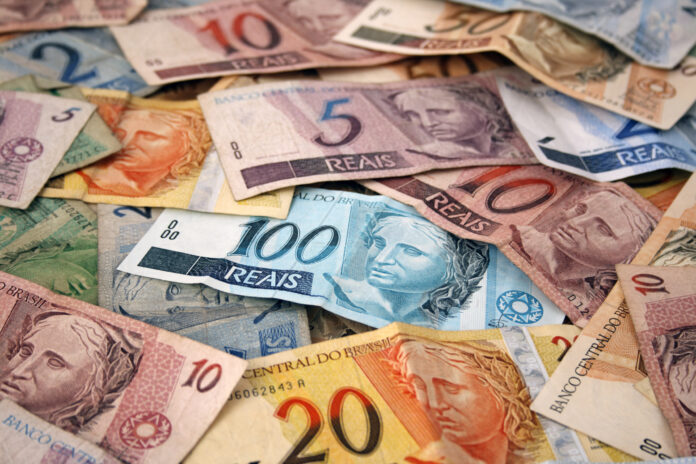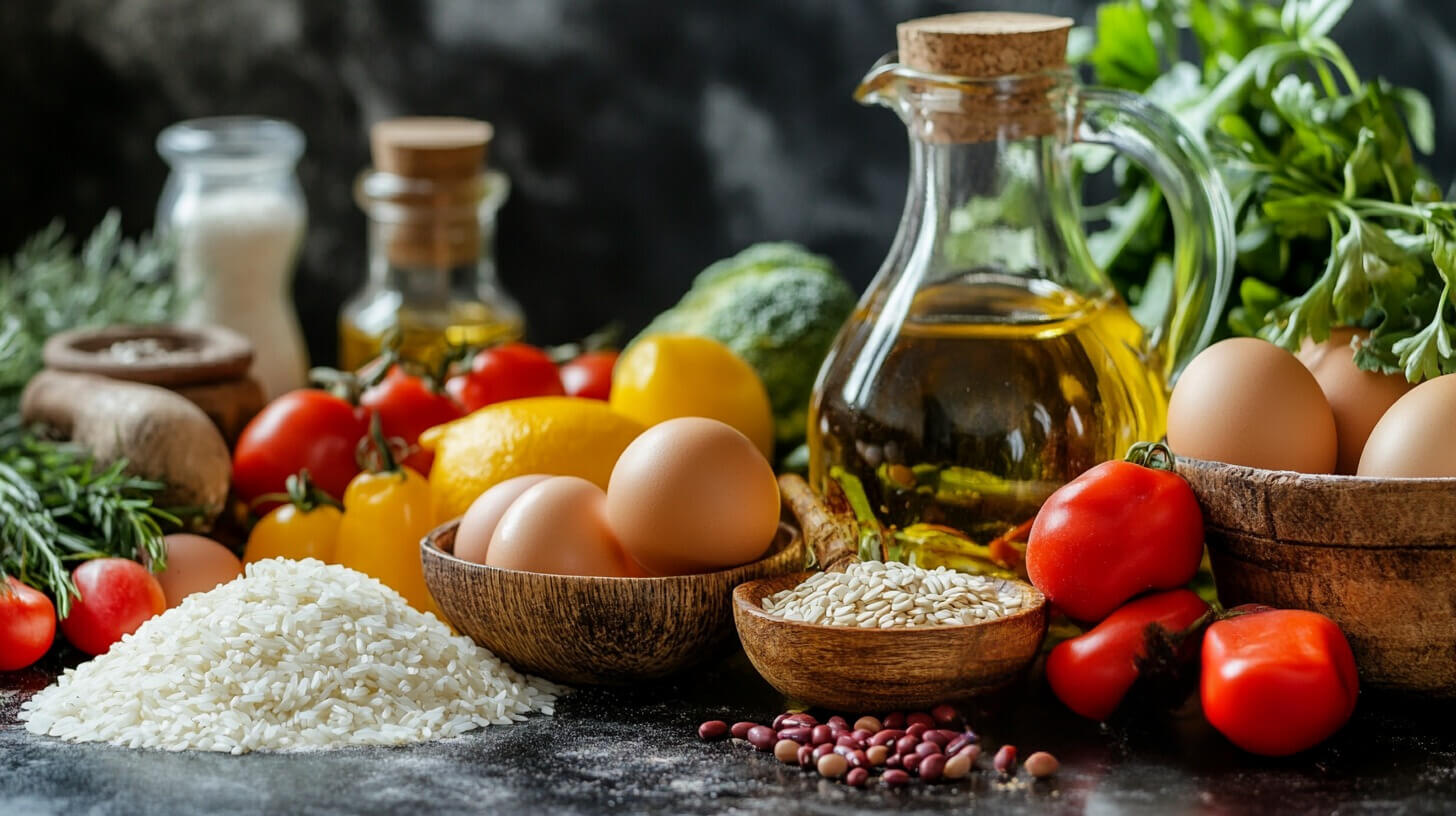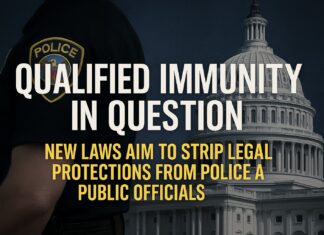
Brazil is making big changes to how taxes work, and this time it is not just about numbers. The Selective Tax, or “sin tax,” now applies to products linked to health and environmental concerns. These updates are set to impact how certain goods and services are taxed across the country.
The recent tax reform has introduced major updates to simplify the system. Existing taxes are being combined, and a possible new VAT rate of 28.6 percent may apply to specific products.
The goal is to streamline the system while targeting goods seen as harmful to public health and the environment.
What is Included in the Sin Tax (Imposto do Pecado)?
“Imposto do pecado”: veículos, loterias, álcool e cigarros terão maior taxaçãohttps://t.co/v7c0cRFS9w pic.twitter.com/OTiE6QJCJ4
— Senado Federal (@SenadoFederal) December 17, 2024
The sin tax focuses on products that are linked to health risks, environmental concerns, or luxury consumption.
The goal is to discourage their use or fund public initiatives through higher taxes. Here is a closer look at the products that are part of this tax.
| Category | Examples | Tax Rate | Purpose of Tax |
|---|---|---|---|
| Alcoholic Beverages | Beer, wine, spirits | 26.5% | Address public health issues |
| Tobacco Products | Cigarettes, cigars, tobacco, vapes | 26.5% | Reduce smoking-related health risks |
| Sugar-Sweetened Beverages | Soft drinks, energy drinks | 26.5% | Combat obesity and promote health |
| Vehicles | Cars, trucks, motorcycles | 26.5% | Reduce emissions, encourage eco-options |
| Boats and Aircraft | Yachts, private jets | 26.5% | Tax luxury consumption |
| Gambling Activities | Betting, lotteries, fantasy sports | 26.5% | Raise funds for social initiatives |
| Mineral Resources | Coal, other mineral fuels | 26.5% | Promote cleaner energy |
Note: The tax rate of 26.5% is the overall consumption tax rate as set by recent legislation. Specific rates for each category may vary based on future regulations.
What is Excluded from the Sin Tax?

Brazil has deliberately left out essential goods and services from the sin tax to make sure that public access to critical items remains unaffected.
The exclusions are meant to protect basic living standards and health.
Pharmaceuticals
Pharmaceuticals are fully exempt from taxation. Over 383 medications are included, such as:
- Painkillers like paracetamol and dipyrone.
- Antibiotics used for treating infections.
- Drugs for chronic conditions, including insulin.
Basic Food Items
Essential food products are excluded from the sin tax. This category includes:
- Staples such as rice, beans, and flour.
- Vegetables, fruits, and eggs needed for a balanced diet.
- Cooking oil and other essentials for preparing daily meals.
🚨 EFEITO LULA: A REFORMA TRIBUTÁRIA FOI APROVADA
Essa reforma vai ZERAR todos os impostos sobre 40 alimentos essenciais da cesta básica, como arroz, feijão, leite, café, carnes e outros mais.
Uma vitória HISTÓRICA para o Governo Lula. Faz o L 🇧🇷🚀 pic.twitter.com/URdhDjvyP9
— Cássio Oliveira (@cassioolivveira) December 17, 2024
Medical Devices
Medical devices necessary for health and mobility are not taxed.
- Wheelchairs and prosthetics that aid physical movement.
- Hearing aids and other assistive devices that improve quality of life.
Personal Hygiene Products
Hygiene products critical for cleanliness and health are also exempt. Examples include:
- Soap and toothpaste, which are daily essentials.
- Menstrual health items, such as sanitary pads.
By taxing products linked to harm while shielding essential items, the government is walking a fine line between revenue generation and public well-being. The spotlight now turns to how these measures will shape daily life.
















